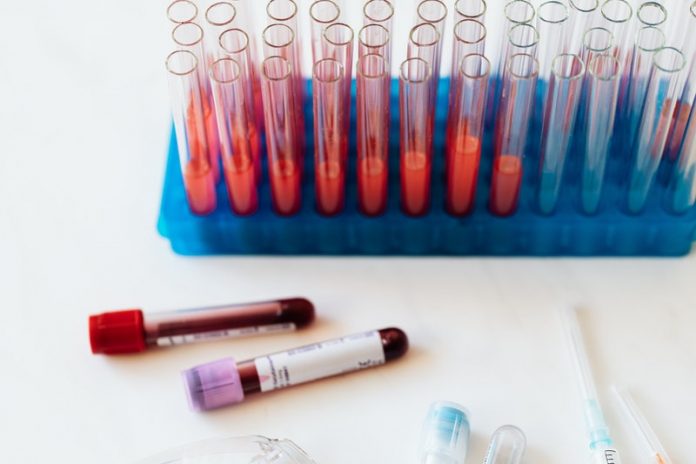
In a new study, researchers found that low levels of the blood protein renalase predict poor outcomes in patients with COVID-19.
They are planning to ask for expedited approval from the U.S. FDA to test whether the protein, which fights inflammation, might improve outcomes of patients with severe cases of the disease.
The research was conducted by a team at Yale.
The team had previously explored using the anti-inflammatory properties of renalase to treat acute kidney injury and acute pancreatitis.
They theorized that renalase might help reduce the damaging immune system response associated with late-stage, severe COVID-19 cases.
In the study, the researchers measured levels of renalase in 51 COVID-19 patients at Yale New Haven Hospital and 15 uninfected subjects.
They found that 14 patients with the lowest levels of renalase experienced the most severe symptoms and were more likely to die than those with higher levels of the blood protein.
The team wants to see whether giving patients renalase protein agonists can improve outcomes.
One author of the study is Gary Desir, the Paul B. Beeson Professor of Medicine.
The study was posted on the preprint server MedRxiv.
Copyright © 2020 Knowridge Science Report. All rights reserved.



